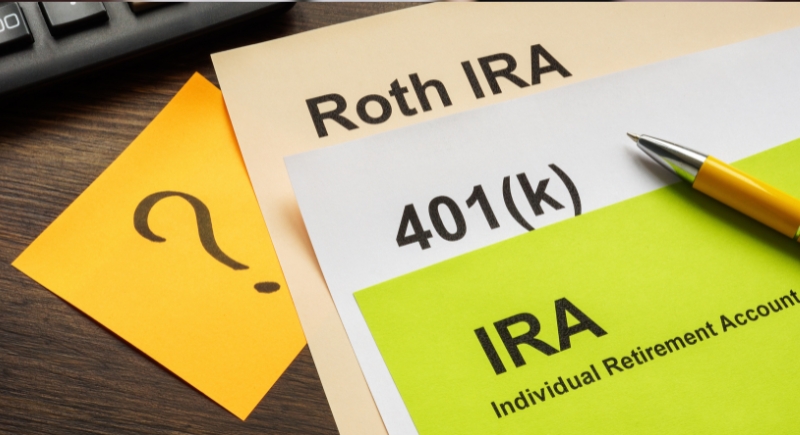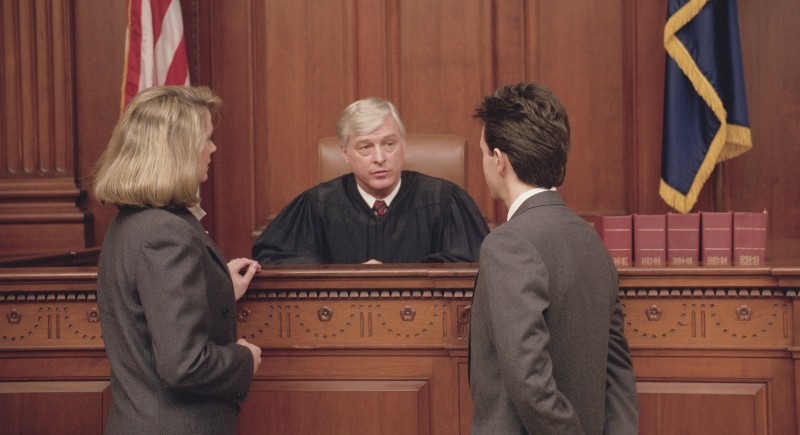What Happens to Your Assets When You Die Without a Will
Intestacy laws step in immediately when someone dies without clear instructions. These laws, which vary by state, decide who gets what from bank accounts, property, and personal items. It can lead to outcomes you never imagined. Below are 15 ways your money and belongings could be handled.
Courts Follow Intestacy Laws First

Credit: 89Stocker
Without a will, the court doesn’t guess what you wanted. Instead, it follows your state’s intestacy laws, which prioritize close family. These laws are rigid. They often send your money straight to a surviving spouse or children in equal parts. States even keep a strict pecking order, and courts stick to it without exception.
Your Spouse Often Gets A Big Share

Credit: Canva
In most states, if you were married when you passed, your spouse gets a significant slice of your estate. Community property states like California hand over all shared property to the surviving spouse. In separate property states, the math changes. Sometimes a spouse splits assets with kids or parents.
Children Divide The Rest Equally

Credit: pexels
If there’s no surviving spouse, children take center stage. Your estate is divided equally among them, regardless of age or financial need. If one child is no longer living but has left children, those grandchildren inherit that parent’s portion. States follow this “right of representation” formula closely. So, even if you wanted to favor a specific child or grandchild, intestacy law ignores those preferences completely.
Unmarried? Your Parents Might Inherit

Credit: Canva
In situations where no spouse or children exist, parents are next in line. Surviving parents split your estate evenly, even if you weren’t close. It’s a built‑in system designed to keep wealth within the bloodline. Step‑parents don’t qualify unless they legally adopted you. This surprises many people who assumed their chosen family would count. It doesn’t. Legal ties rule, not emotional ones.
Siblings Step In If Parents Are Gone

Credit: pixelshot
The law doesn’t care about family drama. If both parents have passed, siblings step up as heirs. Half‑siblings often count just like full siblings. That means someone you barely know might suddenly inherit your money or property. Courts treat every eligible sibling the same. Without a will naming someone else, a brother or sister you haven’t seen in years could walk away with valuable assets.
Grandchildren Can Benefit Indirectly

Credit: Canva
A grandchild usually inherits only if their parent—the decedent’s child—died before the decedent. This creates a fascinating ripple effect where younger generations might suddenly receive a share. These inheritance paths, known as per stirpes distribution, ensure a family line isn’t cut out due to an untimely death. While thoughtful in design, it still might not reflect the way you actually wanted to divide things.
Domestic Partners Face Challenges

Credit: Mangostar Studio
Some states recognize domestic partnerships; others don’t. If you lived with a partner but never married, you might get nothing under intestacy laws. For example, in states like Oregon or Washington, registered domestic partners can inherit like spouses. But in many others, your long‑term partner could be left out, even if you shared a home for decades. A will would’ve solved that instantly.
Unmarried Couples Risk Losing Everything

Credit: pexels
Cohabiting couples who never registered as partners or married are invisible under intestacy laws. No matter how long they’ve shared bills or raised pets, the surviving partner is legally treated as a stranger. Property titled in only one partner’s name goes straight to blood relatives. Jointly owned property with survivorship rights is the exception, but everything else becomes probate court territory.
Out‑Of‑State Real Estate Follows Local Rules

Credit: Getty Images
If you own a vacation cabin in another state, that property follows the intestacy laws of the state where it sits, not your home state. This can cause a complex legal tangle. For example, an Arizona resident who owns land in Colorado might see that land distributed under Colorado’s rules. Families often face extra probate proceedings, extra paperwork, and extra stress when multiple states are involved.
Life Insurance Skips Probate

Credit: Getty Images
Assets with a named beneficiary, like life insurance policies, bypass intestacy. The money goes directly to whoever’s listed, even if your will or state rules would have chosen differently. This can lead to odd situations where an ex‑spouse, still named as beneficiary, receives the payout.
Bank Accounts Can Transfer Directly

Credit: Getty Images
Payable‑on‑death or transfer‑on‑death accounts also sidestep probate. If you’ve named someone on the account, that person simply claims the money with proper documents. But if no one is listed, the funds revert to the estate and follow intestacy laws. Many people forget to add or update these designations, missing an easy way to direct their money without complicated court processes.
Retirement Accounts Have Their Own Rules

Credit: Getty Images
IRA and 401(k) balances with listed beneficiaries move outside the probate process. They’re not governed by intestacy at all. If no beneficiary is named, though, those accounts become part of your estate and are subject to state distribution laws. That means a parent, sibling, or other relative could inherit your retirement savings, even if you never intended it. A quick form update prevents confusion.
Stepchildren Rarely Inherit Automatically

Credit: pixelshot
Intestacy law generally ignores stepchildren unless you legally adopt them. Even if they grew up in your home, they aren’t included without official paperwork. This often shocks families when the probate court divides everything among blood relatives while stepchildren get nothing. A will or trust naming them solves the problem.
States Can Take Your Assets

Credit: Canva
Writing even a simple will prevents your hard‑earned assets from disappearing into public funds. When courts can’t find a single living relative, your estate “escheats” to the state. This is rare, but it happens more than you’d think. Unclaimed money becomes government property permanently.
A Judge Picks Who Handles Your Estate

Credit: Canva
Without a will naming an executor, the court decides who will manage your estate. Usually, a spouse or child is chosen, but if no close relatives exist, a public administrator might step in. That person may not know your wishes or your family’s dynamics. The process can feel cold and impersonal. Naming your own executor in advance gives you a say in who takes charge.